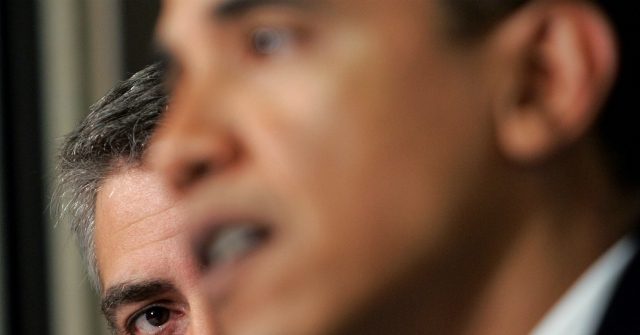The relationship between George Clooney and Barack Obama is rumored to be strained following the recent political turmoil surrounding the 2024 presidential election cycle. Sources close to the situation suggest that Clooney feels “furious” and “duped” by Obama, perceiving the former president as having set him up as a scapegoat for the Democratic Party’s failures. Reports indicate that the Hollywood actor is particularly upset with Obama for disappearing after the electoral loss, leaving him to face the backlash for advocating a controversial political strategy that ultimately did not succeed. This tension reportedly has roots in Clooney’s public call for President Joe Biden to step aside, which many believe was influenced by Obama.
Clooney’s involvement in the election intensified when he wrote an op-ed in the New York Times urging President Biden to abandon his re-election bid after a disappointing debate performance. This bold move shocked many observers, particularly given Clooney’s close ties to Obama, leading to speculation that Obama had encouraged or even instructed Clooney to make this public statement. As a result, the actor became a central figure in the Democrats’ strategy leading up to the election. When Biden did not seek another term, Clooney threw his support behind Kamala Harris, engaging in efforts to galvanize voters and rally his Hollywood network to support her campaign.
Despite Clooney’s efforts and high-profile endorsements, the election resulted in a significant loss for Democrats, with Donald Trump securing both the popular and electoral votes. This defeat left Clooney feeling like a pawn in a larger game, as he apparently had expected acknowledgment for his role in orchestrating the party’s strategy. Sources claim that Clooney feels burdened by the fallout and is disillusioned with the entirety of the political process, notably because he became a target for the ire of frustrated Democrats who blamed him for the disastrous election results.
The fallout from the electoral defeat not only affected Clooney personally but also underscored a broader trend in American politics: the waning influence of celebrity endorsements. Recent polling data indicates that a significant number of Americans are increasingly skeptical of celebrity involvement in politics, a trend that poses challenges to Democrats who have largely relied on Hollywood figures to connect with the electorate, especially younger voters. As celebrity influence appears to decline, political strategists may need to rethink their approach to leveraging stars in political campaigns.
The aftermath of the election also seems to represent a retreat for Clooney from political activism, as reports suggest he intends to step back from public political discourse. Frustration with being blamed for the election result and feeling manipulated by his former friend, Obama, has left Clooney reassessing his role in politics and film, particularly regarding activism. This decision marks a significant shift for the actor, as he had previously been vocal and involved in various political causes, actively supporting Democratic campaigns.
In conclusion, the rift between George Clooney and Barack Obama reflects deeper currents in the relationship between Hollywood and politics, particularly as celebrity endorsements lose traction among the electorate. Both the immediate fallout from the electoral defeat and Clooney’s feelings of betrayal highlight the risks involved when public figures become intertwined in political strategy. The broader implications of this discord signal potential challenges for Democrats as they navigate their relationship with influential figures in the entertainment industry, particularly in an era where voter skepticism regarding celebrity political activism is growing.

